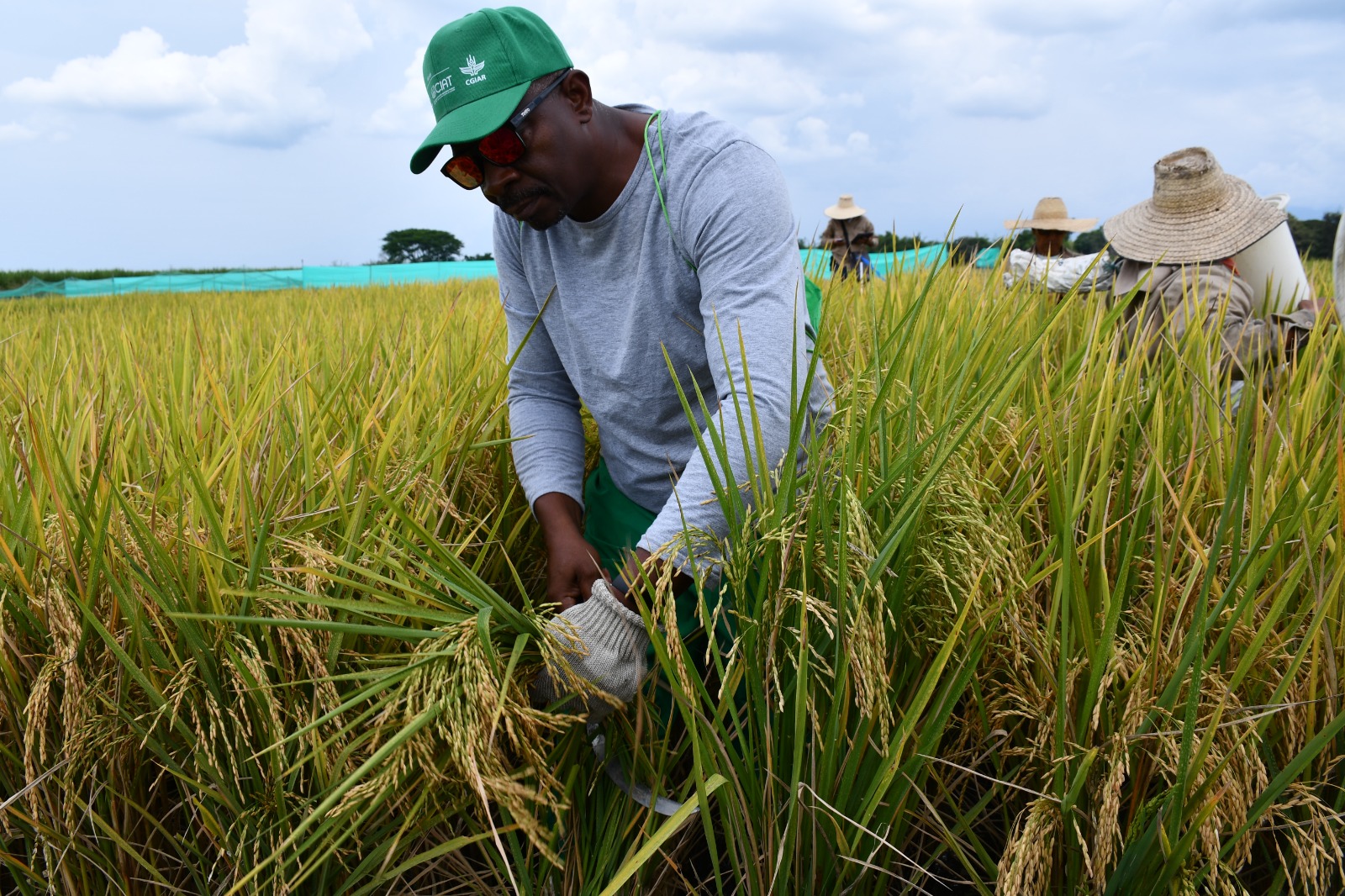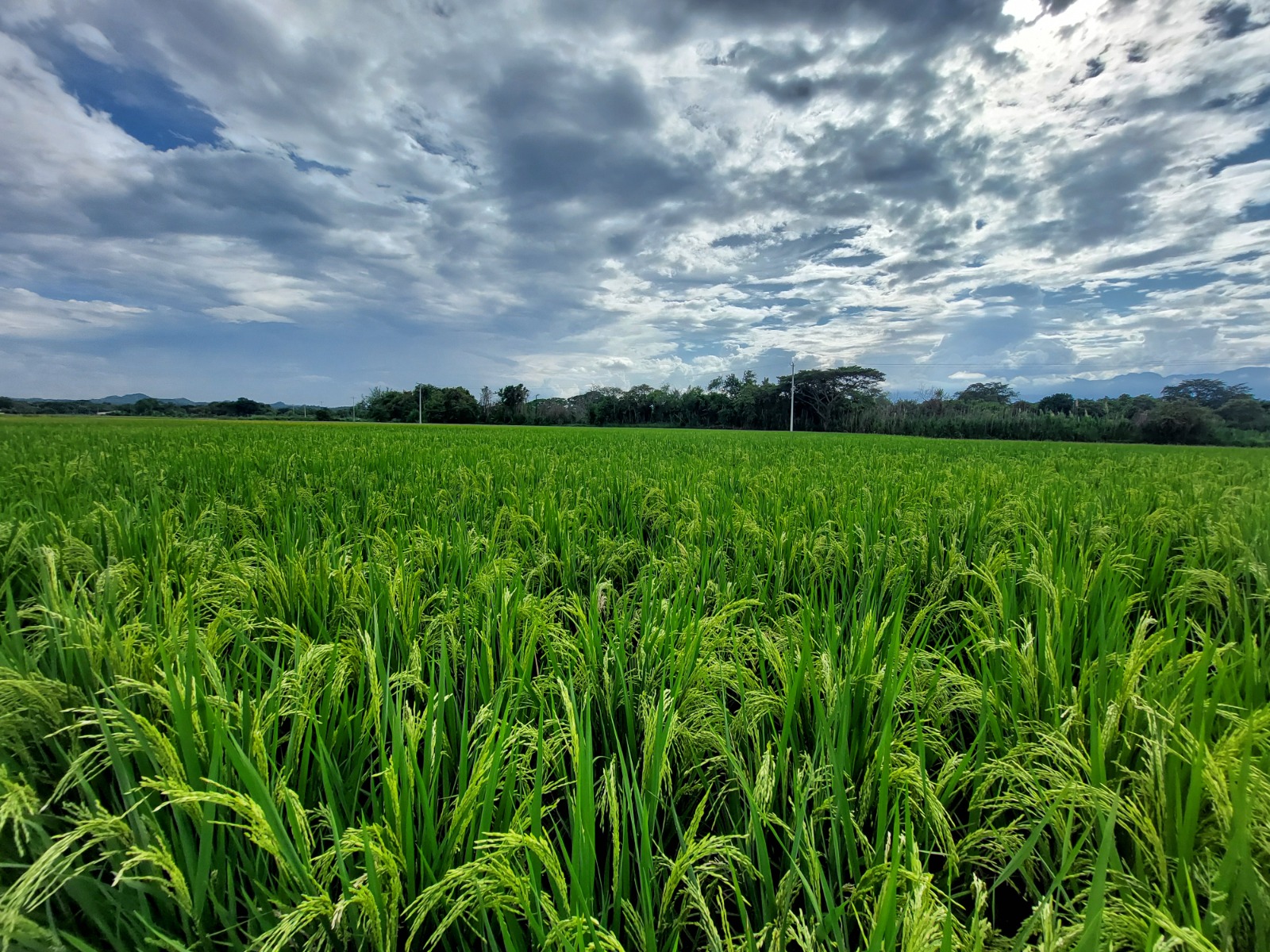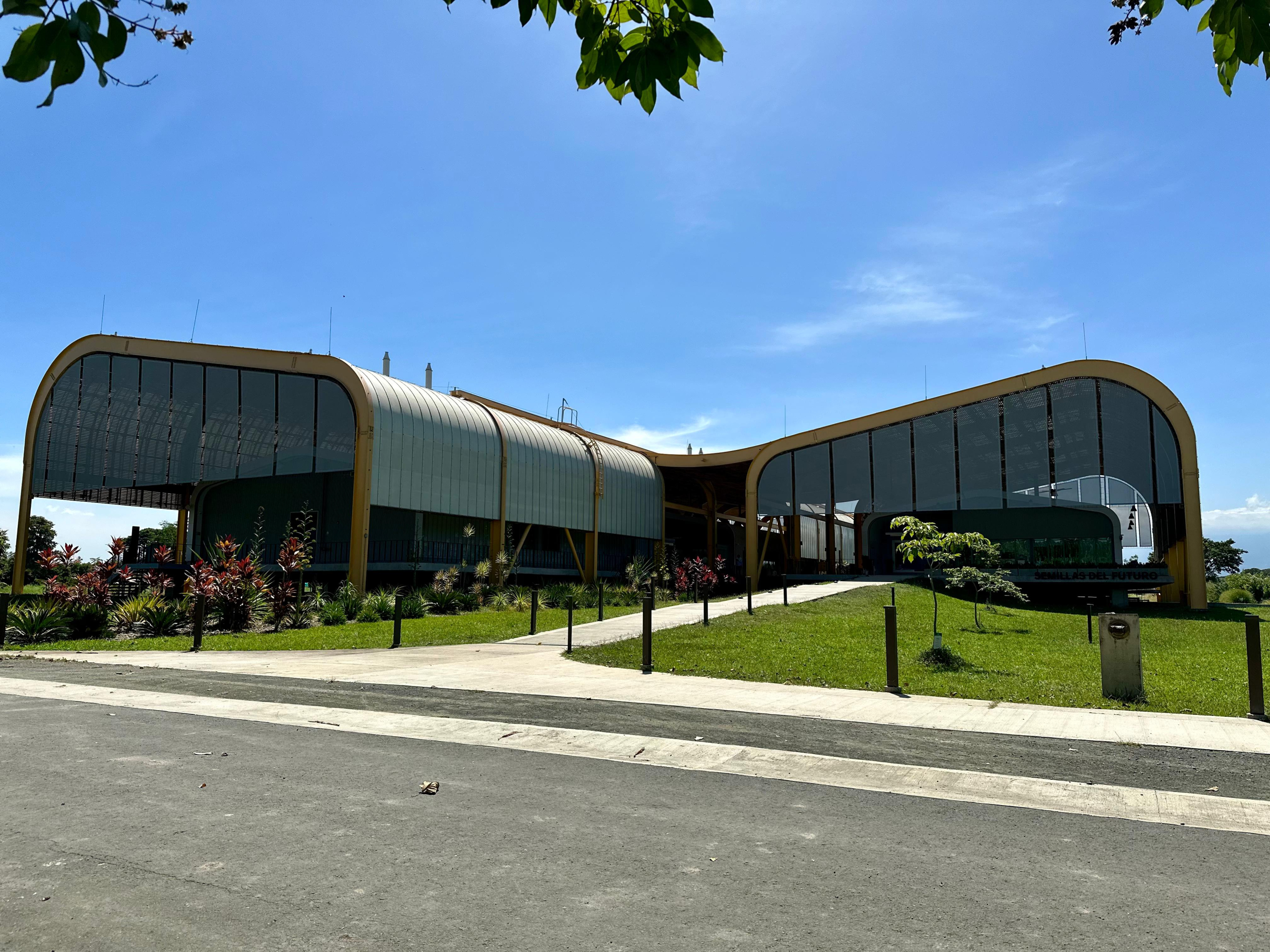Scientists in the Cauca Valley develop a new, more resistant variety of rice.

Colombia has introduced a new agricultural innovation that promises to transform rice cultivation in the country. Sicalis SH CL is a herbicide-resistant variety developed through a partnership between Bioversity International & CIAT, Semillas del Huila, and BASF Solutions for Agriculture. The variety seeks to offer producers an effective tool to control the weed known as red rice, one of the main threats to the sector's productivity.
The new variety, developed within the Clearfield® Production System, represents a technological breakthrough that combines productivity, quality, and sustainability. According to the developers, it is a certified seed that preserves the agronomic characteristics of local varieties preferred by farmers, but also incorporates herbicide resistance, facilitating weed control without affecting profitability.

A new rice variety has been developed for the country. Photo: Bioversity Alliance & CIAT
“The process was designed to preserve as many characteristics of the varieties that farmers already know as possible, incorporating only herbicide resistance. As an Alliance, our mission is to bring cutting-edge science and technology to local producers, making innovations like this more accessible and useful by adapting them to each country's context,” explained Paola Andrea Mosquera, rice breeding leader for the Bioversity & CIAT Alliance's rice research program.
A joint effort for agricultural innovation The launch of Sicalis SH CL is the result of collaborative work between institutions with extensive experience. The Bioversity & CIAT Alliance, with over half a century of leadership in rice research for Latin America and the Caribbean, contributed its scientific expertise. Semillas del Huila, recognized for its portfolio of high-yielding varieties such as Yacúa and Tucano, contributed its expertise in commercialization and field validation.
BASF, the global agricultural solutions company, developed Clearfield® technology, which allows for the incorporation of herbicide resistance through conventional breeding processes. This system has established itself as a key tool for sustainable weed management, reducing the excessive use of agrochemicals and promoting soil and water conservation.

For more than 50 years, the Bioversity & CIAT Alliance has led rice research. Photo: Bioversity & CIAT Alliance
"We are confident that this new variety will become a highly effective tool for addressing challenges related to productivity, profitability, and the control of red rice and other difficult-to-manage weeds. We have created a partnership between BASF, Semillas del Huila, and the Roa Florhuila Organization (ORF) to efficiently and timely deliver the technology to farmers in the country's various rice-growing regions," said Carlos Campos, leader of the Rice Cultivation System for the Latin America-Pacific region at BASF.
The Sicalis SH CL variety has been validated in different environments in Colombia, demonstrating good agronomic performance in the main production areas. Farmers like Hernán Silva, from the Vilú village in Yaguará (Huila), have already experienced its benefits. “I have been working with certified seeds for almost two years, in coordination with the agronomists at Semillas del Huila, and the results have been very good. This is my second harvest with the new variety, and I have had excellent production, between 140 and 150 bags per hectare. In addition, I have managed to save on fumigation and obtain better-quality rice,” the producer stated.
Field results have also been encouraging outside the country. Trials conducted in Peru, Panama, and the Dominican Republic showed favorable yields, opening the door to potential regional adoption of the technology. In this way, the variety could contribute to strengthening food security in Latin America and the Caribbean, especially in contexts where weed control limits production.

CIAT facilities Photo: Private
Beyond yield, the developers emphasize that the success of Sicalis SH CL will depend on the responsible use of the technology. Herbicide resistance must be managed under Good Agricultural Practices (GAP) guidelines, which include crop rotation and proper herbicide management to prevent the emergence of resistance and ensure the long-term sustainability of the system.
“The technological development offered with Sicalis SH CL combines the advantages and benefits of highly productive germplasm with herbicide resistance, using advanced breeding techniques to ensure seed stability and benefits in different agroecological zones,” explained Luis Fernando Martínez, director of BASF Agricultural Solutions for Latin America and the Pacific.
Environment and Health Journalist
eltiempo




